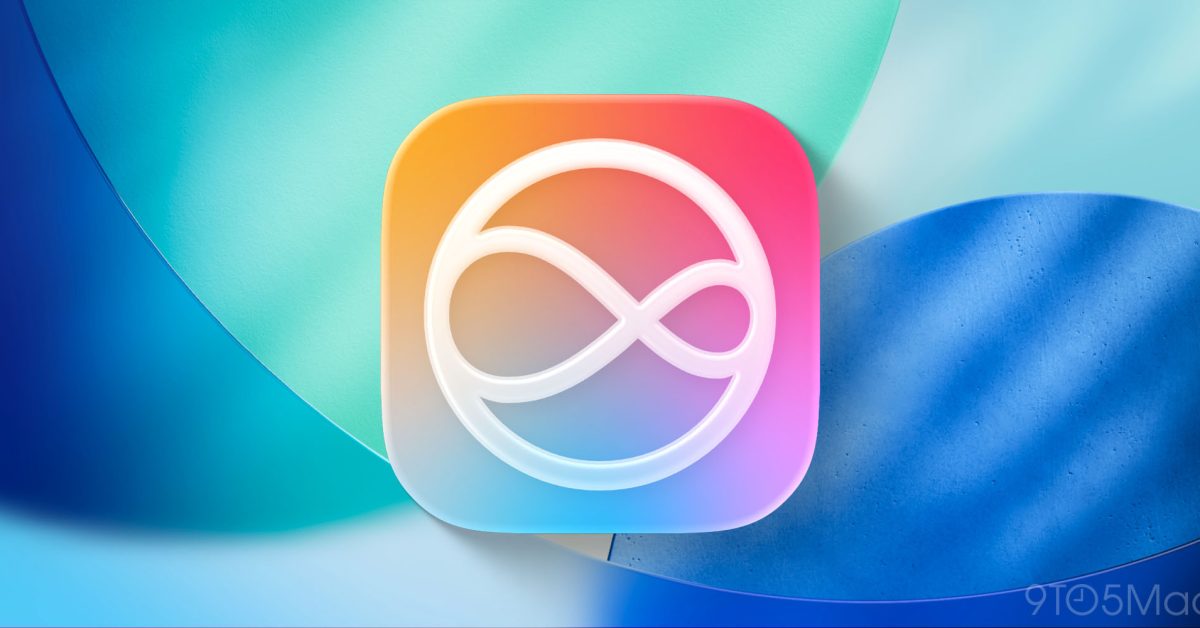I said only recently that it’s getting harder and harder to believe Apple can deliver on the new Siri. The company’s backtracking on announcements, coupled with very vague statements on revised timings, certainly didn’t make it easy to imagine that the new intelligent assistant will meet expectations.
I’m not yet ready to do my own U-turn on this — my skepticism very much remains. But there have at least been a couple of encouraging signs in the last few days.
—
**A Small but Notable Statement from Tim Cook**
The first was an admittedly minimal and vague statement from CEO Tim Cook during Apple’s latest earnings call. He said,
> “We’re also excited for a more personalized Siri. We’re making good progress on it. And as we’ve shared, we expect to release it next year.”
That’s not a lot to go on, but considering the company got itself into significant embarrassment when it promised something it was unable to deliver, the fact that Cook is even willing to state an expectation of releasing it next year is something.
It was also notable that the iPhone 17 keynote was completely devoid of any Siri-related promises. Apple clearly didn’t want to repeat the mistakes it made at the iPhone 16 event and wisely said nothing about what it would deliver or when on the Siri front. Cook now being willing to commit himself, even to this limited degree, suggests the company has confidence it will be ready to release something at least halfway decent sometime in 2026.
—
**The Integration of Google Gemini Models**
Second, and far more significantly, is Mark Gurman’s report that much of the new Siri experience will quietly rely on Google Gemini models.
The custom Gemini model will run on Apple’s Private Cloud Compute servers to help fulfill user requests. Apple has promised that the new Siri will be able to answer personal questions like, “find the book recommendation from Mom,” by searching through data on your device and generating the appropriate response on-the-fly.
—
**Why This Matters**
As I’ve said previously, my biggest reason for skepticism around the new Siri was that Apple was trying to catch up with a rapidly moving target. Just think about what ChatGPT, Claude, Gemini, Llama, and DeepSeek will be capable of by the time the new Siri launches!
Think about Amazon’s new conversational Alexa and what it will be capable of with another two years of development — using all the data the company has amassed about people’s requests.
Siri will no longer be judged against the capabilities of today’s chatbots. Instead, it will be judged against the ones we’ll have two years from now. That’s going to be a phenomenally high bar, and Apple really needs to reach it.
—
**A More Sensible Approach**
It now appears that rather than attempting to compete directly with existing AI chatbot models, Apple will instead be utilizing them. That seems a much more sensible approach to me and greatly increases the credibility of claims that we will have a truly intelligent Siri by some point next year.
There is still a huge integration task required to ensure that Siri is fully integrated into the Apple ecosystem despite relying on third-party models. We shouldn’t underestimate the scale of that challenge, which is why my skepticism remains in place for now.
But it is a dramatically smaller ask than Apple somehow trying to catch up with existing AI models and keep pace with their development over the next year or so.
—
**Final Thoughts**
I’m not yet ready to believe, but I am now more open to the idea that Apple will pull it off.
What about you? Are you more skeptical or more confident?
Please take our poll and share your thoughts in the comments below.
https://9to5mac.com/2025/11/03/with-two-new-encouraging-signs-can-we-finally-believe-in-the-new-siri/
